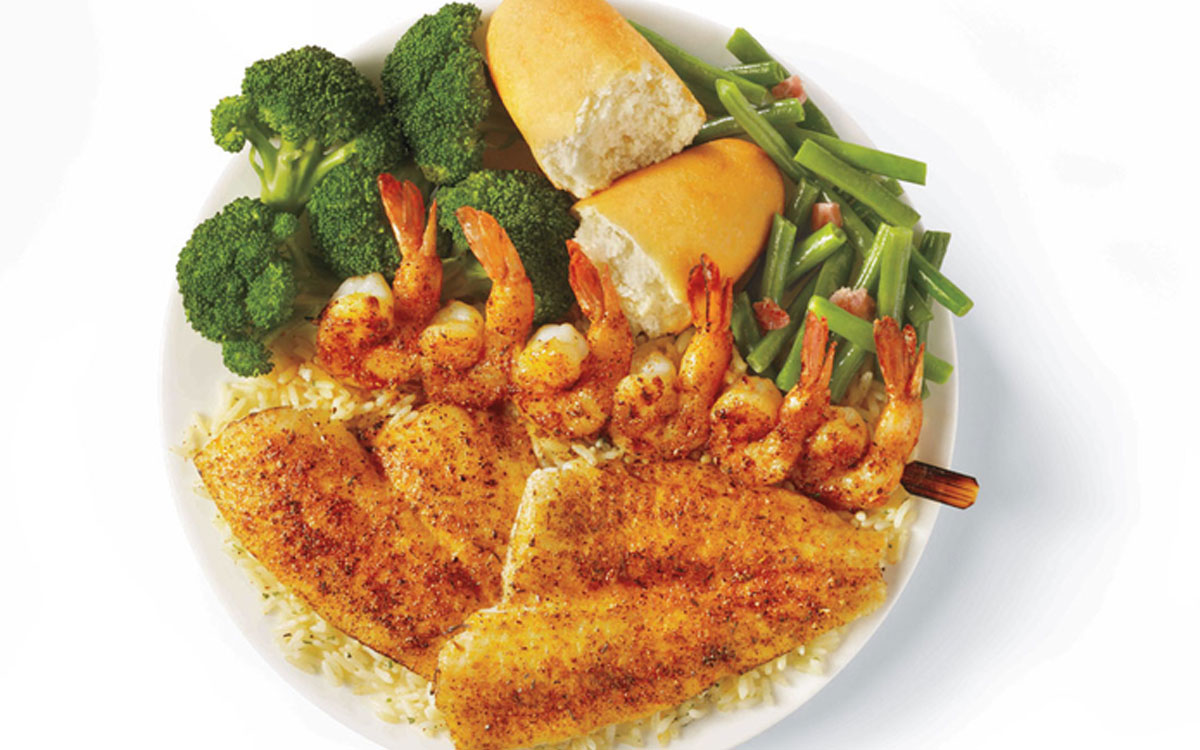The COVID-19 pandemic took us all by surprise and its impact on the restaurant industry has been significant. This unprecedented and life-changing event quickly reminded us all that the key to continued success is being nimble, innovative and adaptive. Now that months have passed and certain restrictions have been lifted, we’re seeing brands recovering, pivoting and moving forward with their development plans.
Before restaurateurs jump into their next venture, it’s important to take a step back and plan for the future, where we’ve learned anything can happen at any moment. The reality we all need to address is how we can strengthen and optimize our development goals by incorporating recession-resistant features into new builds while having an array of flexible prototypes handy for any piece of real estate available.
Remember, flexibility is key
Unfortunately, many businesses have had to close their doors amid the pandemic and, as a result of declined foot traffic, people may assume that there is suddenly a flurry of real estate available. In reality, the market remains competitive as surviving brands continue with their expansion plans, now with even more specific building needs to diversify their channels of distribution, such as drive-thrus. The real estate marketplace for restaurants has always been competitive, especially for fast casual and quick-service dining, with about 80 percent of the top 500 restaurant chains in the U.S. representing this dining format. However, as consumer demand has leaned into convenience during the pandemic, these limited-service models will continue to dominate the industry, therefore making it more difficult for competitors to find premium real estate that caters to the modern consumer’s on-the-go lifestyle.
To stay ahead of the game, brands must remain flexible in their real estate strategies and develop multiple turnkey prototypes that fit to various land parcels, whether they be in suburban or urban areas. We at Captain D’s, for example, realized a need for flexibility prior to the pandemic and launched several prototypes ranging from a drive-thru and walk-up window only model to a 62-seat footprint, depending on availability within the market at hand. While we’re taking adaptations into consideration post-pandemic, we were fortunately in a good position to quickly upgrade prototypes moving forward thanks to our initial efforts towards flexibility in earlier years.
Opening access
With increased channels of access to ordering comes increased access to customers. Even before the crisis, many chains accounted that as much as 70 percent of revenue was generated from drive-thrus. Now, according to data from market research firm NPD Group, sales have mostly held steady during the pandemic for these chains, with drive-thrus generating $8.3 billion across the quick-service industry in March—up from $8 billion in sales over the same period in 2019. And, if the pandemic has taught us anything, it’s that customer access goes beyond just drive-thrus, as contactless curbside pick-up, mobile apps and third-party delivery providers have all risen to the occasion to help restaurants serve food quickly, efficiently and safely.
Prior to the pandemic, our team at Captain D’s set a goal to create a prototype that would further minimize our restaurant’s footprint and provide multiple revenue streams through omnichannel access. As a result, we have developed an “Express” model with a more compact footprint by eliminating our dining room and featuring a drive-thru and walk-up window only. From a development standpoint, particularly as we grow into more urbanized areas, we believe this model will resonate with our prospects more than ever before considering that restaurants experienced several weeks of dining room closures—with many still operating under occupancy restrictions—and were pushed to rely on their off-premises capabilities to meet consumer needs and social distancing measures. We also believe that this model will be attractive to our guests in terms of the convenience it offers, as well as with fluctuating consumer sentiment around dining out.
Time is money
The pandemic has had a massive impact on the U.S. economy and labor force, yet despite the recession, franchise brands like ours typically continue to see interest from candidates who are looking towards entrepreneurship to take destiny into their own hands. While general interest in franchising remains, franchisees’ needs and priorities will adjust. Brands that offer lower development costs and an expedient process to get operations running as soon as possible become more attractive in times of instability.
That is where having turnkey prototypes becomes key to franchise development, seeing as they save time and money in construction costs for both the franchisee and franchisor. Having access to varying layouts for varying land parcels allows the franchisee to begin their development process quickly with more access to viable real estate options. Additionally, an openness to converting existing properties expedites a brand’s search and development process even further, especially in the current landscape we’re navigating. Production timeframes can also be cut due to these turnkey structures that present smaller footprints and ready-to-go layouts. In particular, we at Captain D’s found that, by creating multiple prototypes and a streamlined approach for smaller and more flexible development, our reduced footprint has cut the development timeline by 4-7 days and has resulted in significant cost savings for our franchisees.
Phil Russo joined Captain D’s in 2015 and serves as the brand’s vice president of real estate. In his role, Russo is responsible for planning corporate and franchise site selection to help support Captain D’s accelerated growth. Prior to joining Captain D’s, Russo held various roles with FOCUS Brands, most recently serving as vice president of real estate where he was responsible for overseeing a team of real estate directors and managing the strategic growth for Moe’s Southwest Grill, McAlister’s Deli and Schlotzsky’s.









